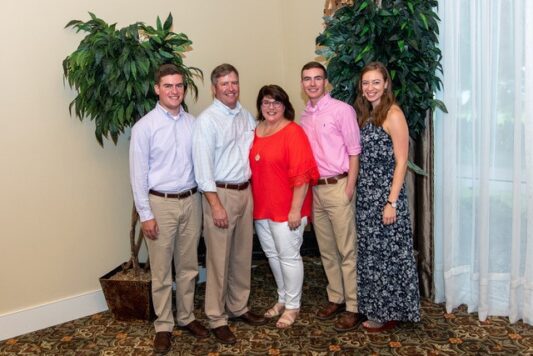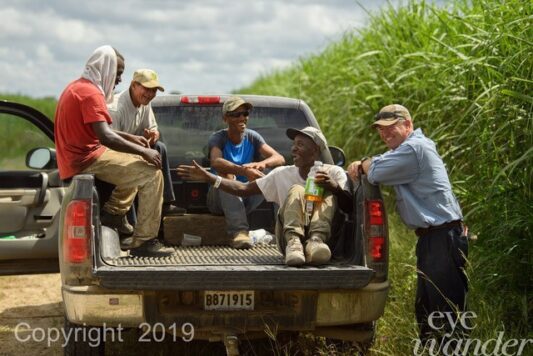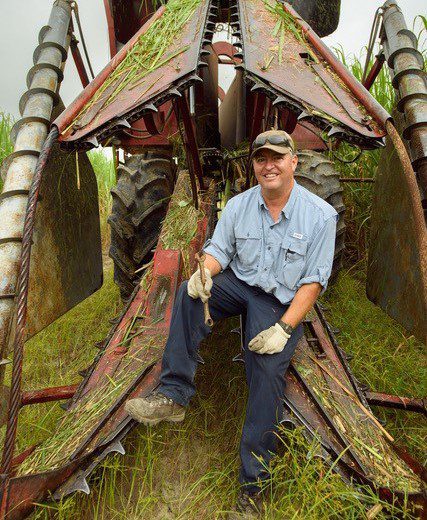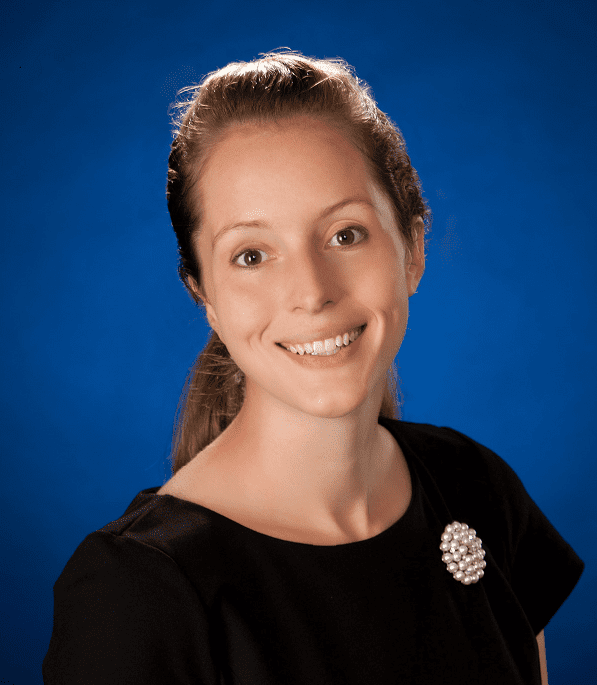Like everything in agriculture, sugarcane production has its fair share of challenges. However, as Gene Adolph of Napoleonville, Louisiana, reflects on his farming career, he sees the hand of God in it all.
“The miracle of planting or the awe of a beautiful sunrise over the fields takes your breath away and makes you feel blessed to share in God’s creation,” he said.
Adolph, 55, is a fourth-generation sugarcane farmer who grew up on Enola Plantation near Napoleonville.
“I live along an old Mississippi River tributary, Bayou Lafourche, that deposited rich alluvial soil close to the Mississippi River delta. It’s in southern Louisiana not far from the Gulf of Mexico,” he said. “This area is flat with plenty of yearly rainfall. The subtropical climate allows sugarcane to flourish and be harvested annually, as other crops are not suited to the high moisture and winds from gulf storms.”
Adolph attended Louisiana State University (LSU) for mechanical engineering but felt a different calling after a few semesters.
“I’ve always been interested in the deeper meaning of life, and I started thinking about the Catholic priesthood,” he said. “I ended up going to St. Joseph Seminary College led by the Benedictine monks in Covington, Louisiana.”
Gene graduated with a Bachelor of Arts degree in philosophy and then attended one year of graduate school in theology.
“After one year of theology school, I had clear signs I should leave. I didn’t know the direction, but God was pushing me away from the priesthood,” he said. “I went home and taught English for two years at Assumption High School in Napoleonville and religion for one year at E.D. White Catholic High School in Thibodaux. I was the head of the religion department there.”
After teaching for three years, Adolph joined his father in the family farming operation in 1996. It was a time of transition both for Adolph and the American sugarcane industry.
“The new combine harvesters were replacing the old soldier harvesters. We were harvesting using the whole stalk cutters in Louisiana until sugarcane varieties were higher yielding and we could justify purchasing cane combines where the pieces are chopped into billets,” Adolph said.
The Adolphs bought their first combine in 1998 and shared the machine with another farming operation.
“The biggest challenges we faced were limited resources due to the size of our farm, the amount of capital needed to produce sugar, labor, and weather issues,” he said. “It was rewarding, too. Sugarcane farming enabled me to focus on raising my family and enjoy the peace and tranquility of a rural lifestyle.”
Gene and his wife Julie are the parents of three adult children.
“They are all happily married now and that is a reward in itself,” said Adolph. “Our kids have taken other paths, mostly outside of agriculture, and bloomed on their own. Julie and I just rode the coaster up and down with our hands toward the heavens, screaming for joy.”
After nearly thirty years of farming, Adolph is retiring this year. He said it is a good time to leave the stresses of small business ownership behind and that God is opening doors for him. His advice for beginning farmers is to get involved in the industry.
“I have been active in the American Sugarcane League, Louisiana Farm Bureau, the local cooperative’s board of directors and local farming organizations such as the Bayouland Young Farmers’ Association,” Adolph said. “Taking active roles in organizations like these are part of our civic duty to sustain agriculture and our communities. It’s how we can help guide policymakers about the needs of rural communities in America.”
Gene also encourages young farmers to be patient and resilient.
“Go with the seasonal nature of things. Life in general requires one to tread on the ocean, not flail around, so participate by staying afloat,” he said. “Drowning can occur if you try to force nature or compete with other farmers.”
As with most farmers, retirement from farming does not mean Adolph will be any less busy. He plans to stay involved in the sugar industry.
“Sugarcane is the lifeblood of our communities here in southern Louisiana, especially for Assumption parish and those living along Bayou Lafourche,” said Adolph. “I’m proud to be part of the story. It’s a sweet one.”







Get Social with #MoreToSugar